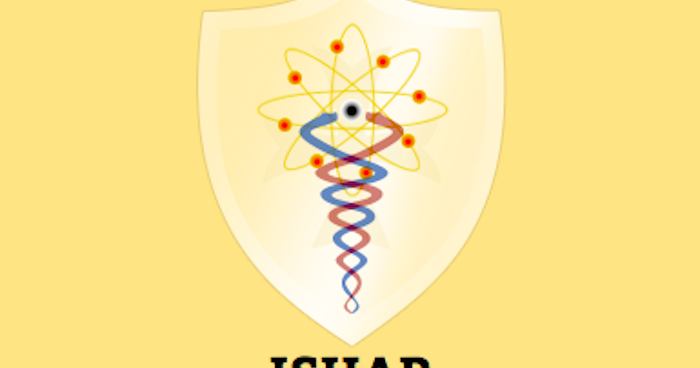17th June - Therapeutic implications of idealism

Idealism rejects the modern division between body and mind, and offers a rationale framework for healing both. Compared to materialism, this approach may prove not only more compassionate, but more effective.
According to Bernardo, the body "isn’t merely a lump of matter" rather, "it is the image of buried emotions, feelings, beliefs, cognitive processes and structures of consciousness that escape the field of our self-reflective awareness"
If the body is the image of the subconscious, then mental health is physical health. It is the perfect framework for integrative medicine; a focus on the whole person, considering all factors that influence health and disease, from medicine to meaning.
"We have every logical reason – not to mention myriad empirical ones – to give ourselves rational permission to embrace and trust integrative medicine. It explores effective avenues of treatment that have been left untouched by mainstream materialist medicine."
So this isn't a rejection of conventional health care. After all, "the physical world we perceive around us is the image of the activity of the collective ‘unconscious.’"
What this means, is that "environmental stressors like viruses, bacteria, exposure to the elements, nutrition, physical trauma, pollutants, drugs, etc., all obviously influence our bodily health. The problem is that this is the only avenue of influence that materialist medicine acknowledges.
Therefore, it misses half of the problem and half of the avenues of healing...."
This session will follow on from last week's dialogue with Alexey Tolchinsky, exploring the ideas expressed in Bernardo's essay on the topic.

The topic has come up with Bernardo a couple of times before, so you might appreciate watching some of these clips in advance of the session:
I'm looking forward to a rich and wide-ranging conversation.
As always, your comments and questions before the event are welcome, which will help shape the emerging dialogue.
6-8pm UK time / 7-9pm CET / 1-3pm EST
